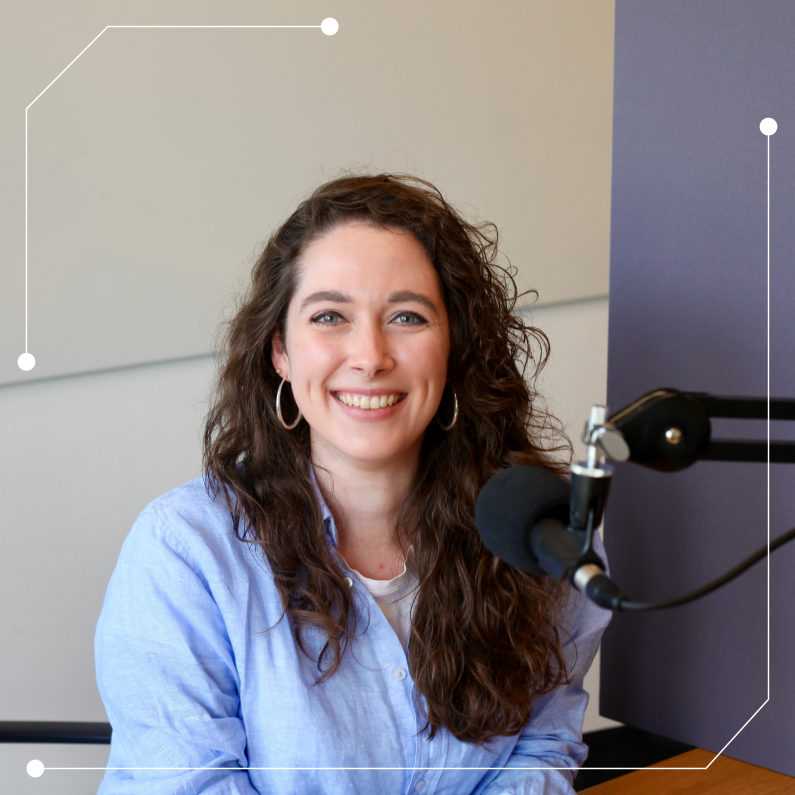In our “5 questions with…” section, we introduce you to our PIABO colleagues and share their expertise in communication and PR strategies. Today, we’d like o introduce Carolina Osses, Communications Manager and Podcast Producer. During her studies, Caro started working at PIABO during her studies, and quickly transitioned into a traineeship, which she completed in.… Now, Caro produces the Business Class Podcast with Tilo Bonow in addition to her work as a consultant, all while becoming a lecturer for podcast production at . (Insert Uni). Let’s find out more about Caro’s work:
1. Caro, you have been working at PIABO for more than 2.5 years and have completed your traineeship at the company. Can you tell us more about it?
Actually, I ended up in PR and therefore in the traineeship by coincidence. A very dear friend was already working at PIABO when I started looking for a student job. So she recommended me, and I got some insights into the world of communications at PIABO. I was immediately filled with enthusiasm. Therefore, I decided to start my traineeship here. What was so great about this opportunity was that I was given a lot of freedom to develop my passion, which turned out to be the production of our podcast.
I also enjoyed my traineeship a lot because I learned to appreciate the customer projects very much. The immediate responsibility that you get for client projects, even as a trainee, amazed me. It requires a very high level of trust to be given a client lead at such an early stage in your career. I established myself as a podcast expert, tried out different social media channels and had exciting client projects.
2. You’re our internal podcast producer. How did you get into it and what do you enjoy most about it?
In fact, I was already involved with various audio formats during my journalism studies. I have a background in journalism, and during my studies, I got the chance to express my love for radio during my studies. In addition to my work at PIABO, I have been a radio presenter at ALEX Offener Kanal Berlin 91.0 for more than three years hosting a self-designed music radio show.
When I started working at PIABO as a student, I was quickly integrated brought into the podcast team because of my audio experience (at that time there was only one person in the team, today we are four), where I developed my podcast expertise quite quickly. What I most enjoy about it is the constant challenge of improving myself and growing from (audio) problems. A clean audio recording requires a lot of preparation and very precise work. I also enjoy training my ear and getting a little bit closer to the perfect sound recording and sound editing every day. All in all, I am and will always be an audio freak.
3. In recent years, the importance of the podcast medium has grown enormously. What do you think makes podcasts so significant? What separates a good podcast from a bad one?
The funny or absurd thing about the whole podcast industry in Germany is that podcasts are not a new medium. The first steps towards podcasts were taken back in 2004 when Adam Curry and Dave Winer developed a program called iPodder to upload radio shows to Apple iPods. In the USA, the concept of podcasting has been a hit for over 15 years – in Germany we have only been observing a small podcast boom since around 2015.
Personally, I think the concept and format of a podcast is incredibly valuable because, for the first time, we have the media freedom to choose our own content. We can listen to podcasts at any time without being tied to a broadcast schedule. We can listen to it where we want and as often as we want. Are you in the mood for a crime story today, or would you rather listen to a science podcast? It doesn’t matter; the offer exists! In addition, we already know about the power of a voice from the radio. The remarkable thing about audio formats is the art of speaking to inspire listeners without facial expressions, gestures or even exciting visual treats. Here, only the presence of the voice counts – this is something that has to be learned!
The main difference between a good podcast and a bad podcast is authenticity. You can hear the connection between two interlocutors through their voices only. Actually, a podcast is comparable to a date. How a conversation between host and guest develops depends on the chemistry between the two. If the conversation partners click, the listeners are also fascinated.
4. What funny or curious things happened behind the scenes of a podcast recording? What do you like to remember the most?
A few things! From “I forgot to charge the batteries of the recording device” to “Please take off any jewelry that can jingle when you gesticulate or make noise on the tabletop”, to the total damage of the SD card. This was actually also the moment that made my heart race. We were in the middle of a recording when we noticed that our recorder had announced an error message. I immediately interrupted the recording with the moderator and guest, grabbed the SD card and checked whether the previous recording was still salvageable – spoiler alert: it wasn’t.
Then a kind colleague sprinted off to buy a new one, and at the same time, I tried to calm down the presenter and the guest so that the mood wouldn’t change. I really learned from this situation, and believe me, ever since, I ALWAYS have both a spare SD card and batteries on hand. Since that incident, nothing has ever gone as wrong again. Preparation is and remains simply the best medicine against mishaps.
5. One last question: where do you think the medium of podcasts is heading in the coming years?
I think we’re still very much at the beginning of the podcast era in Germany. The thing that is still missing in many German formats is the conversation itself. Many podcasts are mistaken for a recorded interview, and there is absolutely no exchange of ideas. The guest is invited, placed in front of the microphone, and the moderator goes through a list of questions. But where is the storytelling, where is the dialogue? I also see the guests themselves as having a responsibility to prepare themselves well for a podcast and let a conversation arise on their own initiative. This is also our claim in our PIABO Podcast Bootcamps, which we offer for our customers.
The basic idea or philosophy behind podcasting is a person’s story. We often underestimate the willingness of our counterparts to share their own life experiences with us, because for the most part they are not given this space when recording. I advocate to let the briefings be briefings and to be much more engaged with the person sitting across from us than with the prepared list of questions. I think most of you will be pleasantly surprised about where such a conversation can lead to.
If you want to hear more from Caro: listen to the Business Class Podcast by Tilo Bonow .


